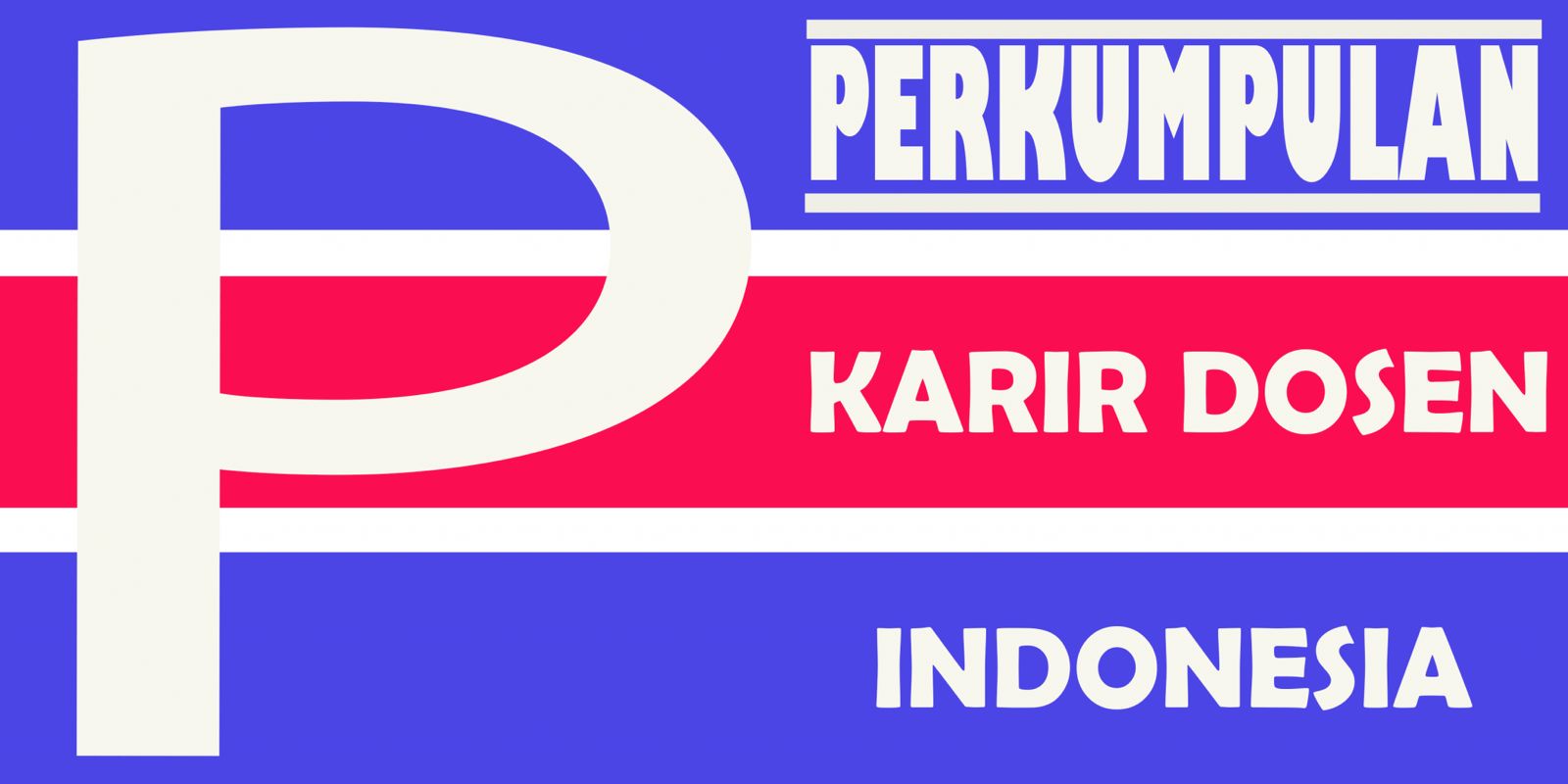THE INFLUENCE OF PARTICIPATORY COMMUNICATION STRATEGY AND OBSERVATIONAL LEARNING ON PARTNER BEHAVIOR IN TELKOM MALANG'S PKBL PROGRAM
DOI:
https://doi.org/10.59408/jisni.v2i1.23Keywords:
Participatory Communication, PKBL, Telkom MalangAbstract
Partnership and Community Development Program is an activity of Corporate Social Responsibility (CSR) from PT. Telkom, Tbk. This activities are spread throughout Indonesia. In Java Island the largest partner is located in East Java, especially in Malang. The purpose of this study are: (1) to analyze the implementation of participatory communication strategy, (2) to analyze the influence of participatory communication strategy toward knowledge, attitudes and motivation of the assisted partners, and (3) to analyze the influence participatory communication strategy and learning observation of the behavior of the development partners. This research uses mixed method. The number of samples are 138 people chosen by a random sampling technique. The results showed that the implementation of participatory communication strategy has involved the partners in the process of identifying the problem, determining NOPS, and selecting the media and communication methods in PKBL Telkom activities. Participatory communication strategy positively affects the knowledge, attitude, and motivation of the assisted partners. The knowledge of the assisted partners, the attitudes of the assisted partners, the motivation of the assisted partners has a positive effect on the behavior of the assisted partners while the learning observation has a negative effect on the behavior of the development partners.
References
Ahmad, A, S. (1994). Kebijaksanaan dan Perencanaan Komunikasi, Ujung Pandang : Hasanuddin University.
Asih, D, A., (2006). Pengaruh Pengalaman terhadap Peningkatan Keahlian Auditor dalam Bidang Auditing. Skripsi. Falkultas Ekonomi Universitas Islam Indonesia. Yogyakarta. .
Effendy, O.U., (1986), Dimensi-dimensi Komunikasi. Bandung : Penerbit Alumni
Fajar, M., (2009). Tanggung Jawab Sosial Perusahaan di Indonesia: Studi tentang Penerapan Ketentuan CSR pada Perusahaan Multinasional, Swasta Nasional dan BUMN di Indonesia . Yogyakarta: Pustaka Pelajar.
Feist, J & Feist, G., Teori Kepribadian , Buku
2 Edisi 7, Jakarta: Salemba Humanika.
Food & Agriculture Organization Of The United Nation, (2004), Participatory Communication Strategy Design: A Handbook Second Edition, Roma: The SADC Centre Of Communication For Development.
Gitosudarmo, Indriyo & Sudito, I, N., (1977). Perilaku Keorganisasional. Edisi Pertama, Cetakan Pertama, Yogyakarta: BPFE.
Hariadi, S.S., (2011). Dinamika Kelompok; Teori dan Aplikasi untuk Analisis Keberhasilan Kelompok Tani sebagai Unit Belajar, Kerjasama, Produksi, dan Bisnis. Yogyakarta: Sekolah Pascasarjana UGM.
Jumrana. (2012). Penguatan Dimensi Komunikasi untuk perubahan Sosialdalam Desain Perencanaan Pembangunan. Jurnal Stimuli Ilmu Komunikasi, Edisi III, Januari 2012.
Mefalopulos, Paolo & Chris, K., (2004). Participatory Communication Strategy Design : A Handbook Second Edition. Roma : FAO
Melkote S.R & H.L Steeves (2001). Communication Strategies for Empowerment dalam Communication for Development in the thord World: Theory and practice for Empowerment 2nd Edition. New Delhi: Sage Publication-London. Thousan Oaks.
Notoatdmodjo, (1997). Ilmu Kesehatan Masyarakat, Jakarta: Rineka Cipta.
Notoatmodjo, S., (2005). Promosi Kesehatan Teori dan Aplikasi. Jakarta: Rineka Cipta.
(2007). Promosi Kesehatan dan Ilmu Perilaku. Jakarta: Rineka Cipta.
Subejo. (2013).Strategi Komunikasi Pembangunan: Bahan Ajar Bagian 1. Program Pasca Sarjana Penyuluhan dan Komunikasi Pembangunan Sekolah Pasca Sarjana.
Uchjana, O., (1990), Ilmu Komunikasi Teori dan Praktek, Bandung : PT. Remaja Rosda Karya.
(2002), Hubungan Masyarakat Suatu Studi Komunikologis, Bandung: PT. Remaja Rosda Karya.
(2003), Ilmu, Teori dan Filsafat Komunikasi, Cetakan ke-III, Bandung: Citra Aditya Bakti.
Umstot, P, D., (1988). Understanding Organizational Behaviour, St. Paul : West Publishing Company
Downloads
Published
How to Cite
Issue
Section
License
Copyright (c) 2025 Fitri Sarasati

This work is licensed under a Creative Commons Attribution-NonCommercial-ShareAlike 4.0 International License.






